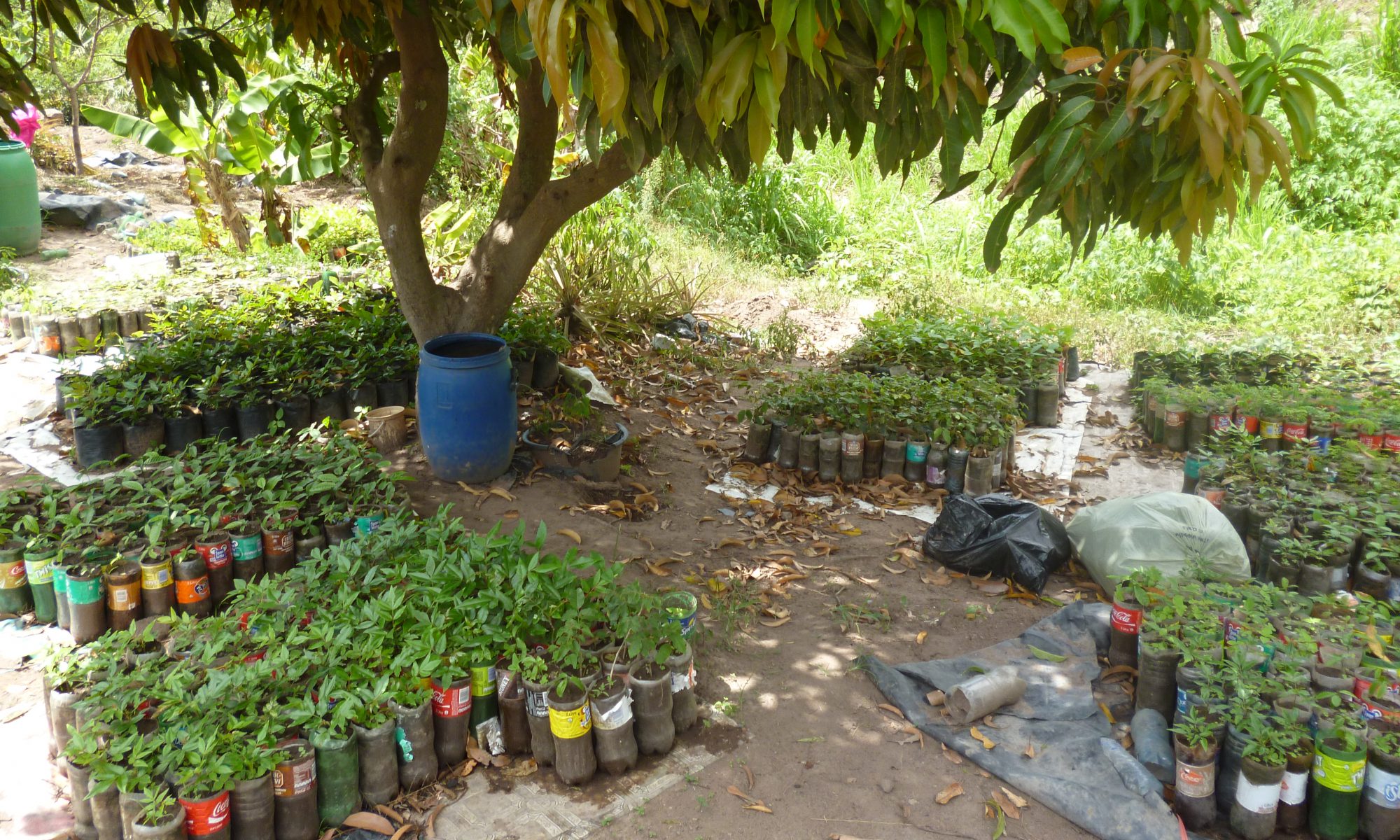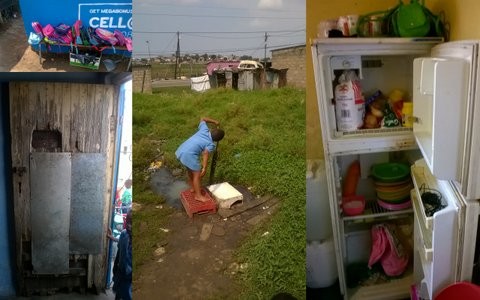By Mbali Mthembu
The UKZN SARChI in applied poverty reduction assessment and Project Preparation Trust (PPT) have come together to explore the challenges faced by Early Childhood Development (ECD) centres located within informal areas in eThekwini municipality. This research is supported by the Programme to Support Pro-Poor Policy Development II (PSPPD II) and is called Informal early childhood development centres – a new area-based approach for improved and up-scaled ECD services for the urban poor. The research project assesses the elements faced by operators in establishing and running ECD centres for poor and marginalised groups located in under-resourced areas. The whole project will be undertaken by quantitative and qualitative methods and the study will specifically use a survey; questionnaire and focus group discussions.
The SARChI team is specifically involved in two main aspects: the literature review and the focus group discussion. The team has been involved in compiling a literature review on the concept ECD. The task was to update and expand on an existing document titled “A new approach for supporting informal early childhood development centres: Main findings and recommendation” done in 2014 by the Project Preparation Trust (PPT) in partnership with the Housing Department Agency.
Literature Review
This literature review explores the impact of poverty and policy on ECD centres and I provide a small insight to the current literature on policy. The review shares the importance of infrastructure of the ECD centres. In summary, child development in the early years is considered as the most crucial in the child’s life due to the education’s long term benefits towards a productive life. Poor children, disadvantaged societies and children with disabilities lack access to quality Early Childhood Development facilities and this may hinder these groups from reaching equitable opportunities in future.
Informal ECD centres do not receive adequate support from government due to the lack of meeting the minimum standards and requirements indicated by Department of Social Development (DSD). According to the latest audit report on the status of ECD centres, for an ECD to be registered, the infrastructural conditions should be according to the set DSD requirements. Some of ECD facilities in informal settlements lack this proper minimum infrastructure. Nationally, very few provinces have all their ECD centres meet these requirements. For example, in KwaZulu-Natal, the quality of ECD infrastructure is among the poorest in all provinces and is classified among those that need urgent attention.
Presently, the Government of South Africa through the Ministry of Social Development presented a draft ECD policy in March 2015, which is currently under public review prior to its ratification.
Pilot study debrief
The UKZN SARChI team was involved in a pilot study that took place on the 16th of September 2015 in one of the informal ECD centre located in an informal settlement under eThekwini municipality. The pilot trip involved a few personnel from different institutions: two from PPT; one woman from eThekwini’s Department of Health, one woman from TREE, and me from the UKZN- SARChI team.
The objective of the pilot study was to test the questionnaire, the main research survey tool to be used amongst all ECD centres in this particular area.
In this site visit, all individuals involved in the pilot study were quite aback by the dire situation that was found at the centre. Everything about this applied research project became real- everybody had a first-hand experience about the concept of an informal ECD centre. The experience was quite interesting or rather shaking for me and the others. Before everybody began, the questionnaire went through some of the infrastructural elements. We were shocked by some of the aspects in the centre; the building structure, its location and the running of the centre. One of the researchers was not satisfied or rather disappointed with the situation that she found at the centre and she could not hide some of her thoughts around the conditions of the centre.
We (the individuals involved in the pilot study) were welcomed by one of ECD practitioners/ teachers. The teacher was a young female who take cares of children two years old and above (up to preschool level). She mentioned that she take cares of 33 children total. The educator answered some of the questions on the questionnaire while the supervisor was on her way to the centre to meet with us.
The pilot study found that this informal ECD centre was established in the year 2009. It has been operating in that area for six years. The centre is owned by a private individual. The supervisor who is the owner (or principal) of the centre indicated that the centre was previously located in another area, and then they had to move (but she did not share the reasons for the move). She shared that parents urged her to find another location. She indicated that she currently rents the centre’s building and she is searching for a location that she could own. The centre is unregistered and does not receive funding or any form of support from the department of social development. Parents pay a monthly fee to the centre. The enrollment is fairly big; this in itself indicates a need for the ECD centre.
The pilot study did not only test the survey research tool, it also informed the significance of the study. We as researchers found out that there is practically a strong need for supporting the improvement of such informal ECD centres. All individuals involved in the study look forward for commencement of the entire study.
Final note to this blog
Programs supporting informal centres would be a great advancement for children, households and societies. This would not only improve children’s or households’ livelihoods, it would also have a prosperous future of South Africa. Parents could be involved in their economic activities when there is child care. Children would be taken care of in a proper, safe and healthy environment. They would grow and learn in a progressive; cognitive stimulating environment which has a positive impact on mental, social and economic status. Proper and sustainable ECD centres are significant for sustainable human development.
Short author bio
Mbali Mthembu is a graduate from the University of KwaZulu Natal. She holds a Bachelor of Social Sciences degree (Psychology and Sociology), Honours in Policy and Development Studies and has recently completed a Masters degree in Development Studies (graduation ceremony will take place in April 2016). Her research interests encompass social and human development issues ranging from poverty alleviation, public health to early childhood development. She has a strong desire of becoming a change agent in areas such as social policy for South Africa. She is currently working as a graduate research assistant for Prof. Sarah Bracking under the South African Research Chair Initiative (SARChI) in applied poverty reduction assessment.
Contact details:
Email: mbalizam@yahoo.com
Twitter: @mbali_zam


